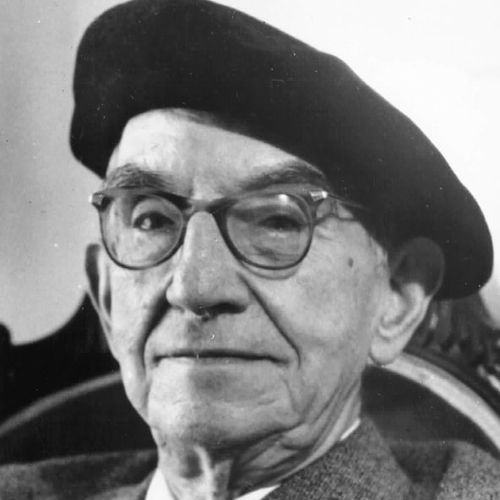Jules Supervielle
Born in Montevideo of French parents in 1884, Jules Supervielle was raised by wealthy relatives after being orphaned at an early age. He showed an early interest in writing and completed his first work, Brumes du passe by 1900. An enthusiastic student, Supervielle could not decide between law, political science, art, languages (he was proficient in Italian, English and Portuguese) and literature—to which he finally devoted his whole life. In 1910 he published his second work, Comme des voiliers as well as fragments of what could have been his thesis, but his writing career was interrupted by World War I and Supervielle was drafted into the French army. Because of ill health, he was able to avoid active duty, and at the War’s end he resumed writing. He made frequent trips to Uruguay where he found he could write prolifically and without distraction. When he finished Poems de L’humour triste (1919), Gide and Valery began corresponding with him. He attended Jacques Riviere’s “Wednesday Salon” and as published in the Nouvelle Revue Francaise which M. Riviere headed at the time. Supervielle was introduced to Paulhan in 1927 and was greatly influenced by his work. Michaux and Marcel Arland were also among his close friends during this period. He died in 1960.

